detail profile ragaa hussein
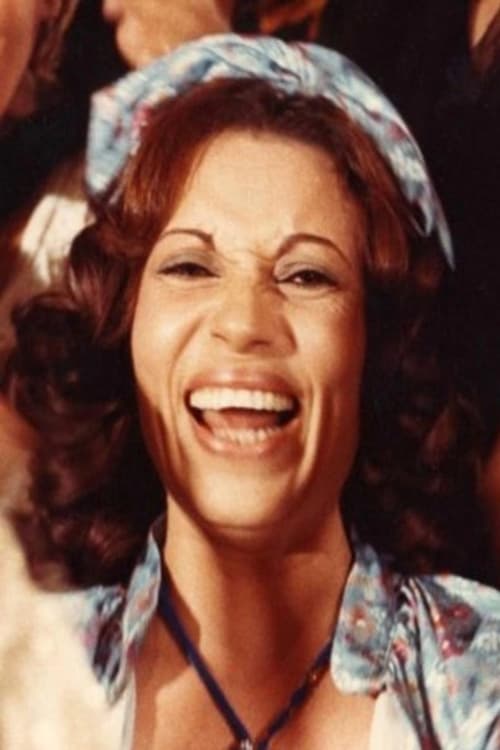
Ragaa Hussein
رجاء حسين
atau dikenal sebagai
Riwayat Hidup
Egyptian actress.
She first worked with the Naguib Rihani band, and then worked in film and television since the early 1960s, from her films (mouths and rabbits, Egyptian Hadwat, savages, sons and killers), and in television series (witness and tears, the journey of Mr.
Abu El-Ela human, money and sons, Zizinia).
Info Pribadi
Peran Yang Di Mainkan Ragaa Hussein
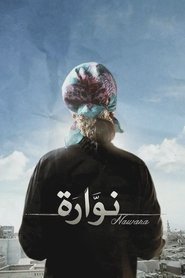 Nawara works as a housemaid for...
Nawara works as a housemaid for...Nawara 2016
Nawara works as a housemaid for a family closely linked to the Mubarak regime. On the eve of the 2011 revolution the family decides, for safety, to leave the country temporarily and ask her to look after the villa. Flush with cash for expenses, Nawara calls her fiancé Mustafa and the two are soon enjoying a taste of life at the top. Her journey from the alleys of her poor neighborhood to the luxury compound brings with it the worries of the people and their simple dreams—and an experience she could never have imagined.
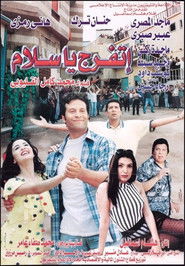 After having no job Medhat goes...
After having no job Medhat goes...Look & Admire 2001
After having no job, Medhat goes to work in a hotel in Sinai and he helps his friend Majid to get a job there. When Majid saves the life of an American tourist, she gives him third of her wealth before she dies, provided that he implements the will for the benefit of Israeli authorities.
 Gharib recalls his lifes journey which...
Gharib recalls his lifes journey which...Little Dreams 1993
Gharib recalls his life’s journey, which intersects with what the city of Suez experienced over two centuries through the Triple aggression and the Defeat of 1967. Gharib meets Mahmoud, who had been with his father in the people's resistance and they work together in resistance activities.
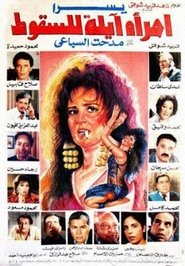 A hooker decides to repent after...
A hooker decides to repent after...Dilapidated Woman 1992
A hooker decides to repent after she gets married and gives birth, but when she discovers that her husband is an addict, she convinces two of her friends to steal some jewelry, but things do not go well after the apartment owner and her child were killed during the robbery. Making her accused of a crime she didn't commit.
 An archaelogist falls under the spell...
An archaelogist falls under the spell...The Serpent of Death 1990
An archaelogist falls under the spell of a statue with a curse on it.
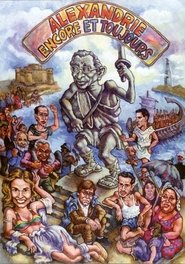 Set in 1987 against the backdrop of...
Set in 1987 against the backdrop of...Alexandria Again and Forever 1989
Set in 1987 against the backdrop of a hunger strike by the Egyptian film industry, Chahine himself steps in to play Yehia, the famed Egyptian director whose life is chronicled in "Alexandria, Why?" and "An Egyptian Story". Obsessed with Amr, the handsome actor he discovered and cast as his alter-ego in parts one and two of The Alexandria Trilogy, Yehia pressures Amr to star in various film projects that change even as Yehia's perception of the young actor begins to change. He first casts Amr as Hamlet, which the actor deems too demanding for his talents, then as the lead in a musical biopic of demigod Alexander the Great, who founded the city of Alexandria in 332 B.C.
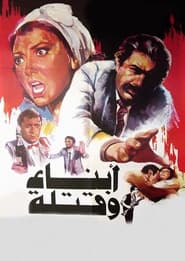 When Shaikhon marries Dalal a belly...
When Shaikhon marries Dalal a belly...Sons and Killers 1987
When Shaikhon marries Dalal, a belly dancer, they are blessed with two kids. Shaikhon steals Dalal's money to buy the club where she works. Dalal gets back at him and reports him to the police who have him imprisoned. When he comes out of prison full of vengeance, his past ghosts still haunt him.
 After we last see him in...
After we last see him in...An Egyptian Story 1982
After we last see him in "Alexandria, Why?" Egyptian filmmaker Yehia Mourad is in his thirties, and successful in his work, he has grown distant from his wife and children and suffers a symbolic blockage of the heart while shooting the final scenes of his latest film. After being flown to England for evaluation, it's determined that Yehia must undergo emergency surgery. Fact and fiction blend seamlessly—with healthy doses of cleverly absurdist fantasy—as the film explores the various personalities and forces that have made Yehia (and Youssef Chahine) the man he has become.
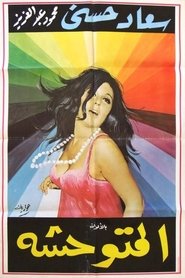 Baheya a poor singing and dancing...
Baheya a poor singing and dancing...The Savage 1979
Baheya, a poor singing and dancing girl in a family of carnival entertainers, falls in love with a wealthy writer named Ashraf. She later takes a factory job and is followed there by Ashraf; he eventually asks her to marry him. Baheya agrees to the proposal. When Ashraf presents her as his intended bride to his mother Eqbal she objects because of their social and class differences.
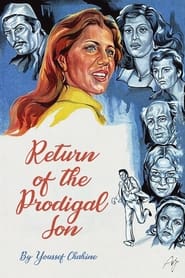 Freed after spending years in prison...
Freed after spending years in prison...Return of the Prodigal Son 1976
Freed after spending years in prison, an activist's homecoming turns into a dark affair as his disillusion clashes with his family's expectations. Demonstrating Chahine’s eclecticism, this is an elegant melodrama, exuberant musical, layered allegory, and profound portrait of personal and political disillusionment.
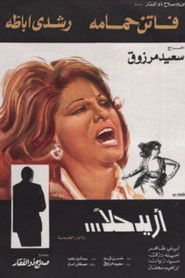 It is impossible to live between...
It is impossible to live between...I Want a Solution 1975
It is impossible to live between Doria and her diplomatic husband, Medhat, who asks him for a divorce, but he refuses. She is forced to go to court and file a divorce. Doria falls into the maze of the courts and is exposed to a series of problems and obstacles that undermine her dignity. Things get complicated when the husband comes with false witnesses testifying against her in secret. She loses her case after more than four years.
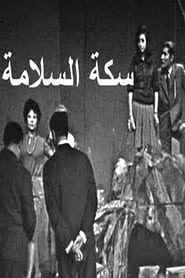 The story revolves around a bus...
The story revolves around a bus...The Safe Road 1964
The story revolves around a bus that gets lost in the desert, and the play presents the human models represented by the bus riders and the mistakes and sins of each passenger. When they are about to die of hunger and thirst, each of them declares his repentance and decides to reform himself, so will their positions change after their salvation?
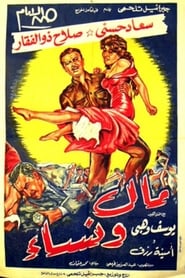 Shehata is a committed employee in...
Shehata is a committed employee in...Money and Women 1960
Shehata is a committed employee in a private hospital. He lives with his daughter Nemat and his wife. One day Hussein proposes to his daughter, but the problem is that Shehata is unable to prepare his daughter, which prompts him to ask for an advance from the company. After management refuses, one of the bribed employees takes advantage of the opportunity and offers Shehata received a sum of money in exchange for a trust receipt, which he quickly used against him, especially after Shehata discovered that an incident of embezzlement had occurred.
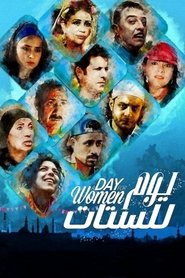 The opening of a new swimming...
The opening of a new swimming... A family participates in a competition...
A family participates in a competition... Mukhtar is trying to complete his...
Mukhtar is trying to complete his...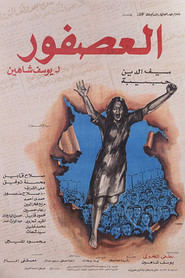 Set shortly before and during the...
Set shortly before and during the...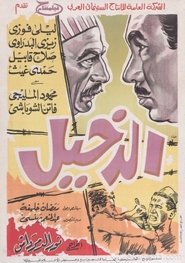 a symbolic take on the Jewish...
a symbolic take on the Jewish...